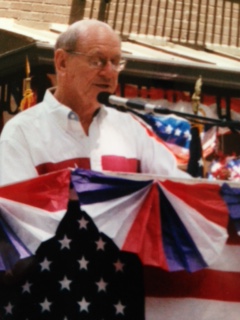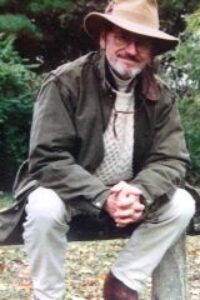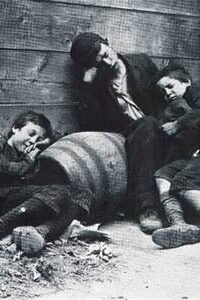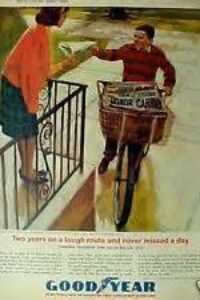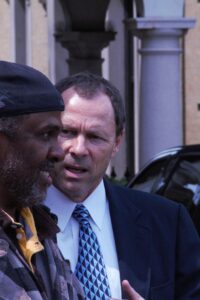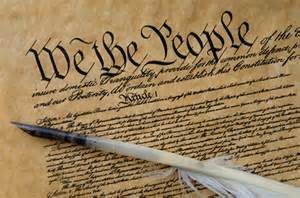
On July 4, 1977, a group of families in Nashville, Tennessee led by Dan and Pat Burton, along with my parents, threw a neighborhood birthday party for America. This was not a backyard barbeque where good friends gathered to eat and shoot off some fireworks. The celebration was conceived to honor our country, to honor those who served and serve in our military, to honor political leaders of every stripe for their dedication as public servants, and to honor citizens who live each day with “a decent respect to the opinions of mankind,” as we go about our lives pursuing those truths that are “…self-evident, that all men are created equal, that they are endowed by their Creator with certain unalienable rights, that among these are life, liberty, and the pursuit of happiness…”
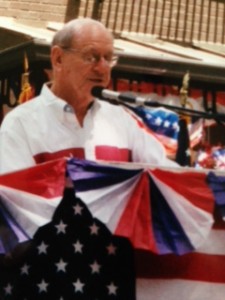
There was a parade of kids who rode their age-appropriate vehicles tricked out in red, white, and blue decorations; there were speeches; there was singing; there was the Pledge of Allegiance; there was the orchestra that played patriotic songs; and there was the recitation of a portion of the Declaration of Independence underscored by the orchestra playing Aaron Copeland’s “Fanfare for the Common Man,” which my father had the honor of performing each year from 1977 to 2001. A couple of times I filled in when ill-health prevented him from giving his best performance. In 2002, with the death of my father, the mantle was passed to me. My sister, Nan Gurley, has been the featured singer at this event even longer than I have been doing the Declaration.
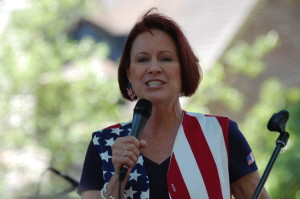
There have been special moments that stand out in my memory like the time when a bagpipe band played “The Star-Spangled Banner” and “Amazing Grace,” or the time a World War II, Native-American veteran and winner of the Medal of Honor was honored by a younger member of his tribe dancing in full regalia a beautiful ceremonial dance, or that stirring moment when a Federal Immigration Judge spoke eloquently of why people from all over the world wanted to be a citizen of this country and then turned to a group of more than twenty people from a dozen different countries and led them through the Naturalization Oath of Allegiance to the United States of America. I stood beside this multinational group listening to a dozen different accents saying the words that shed the skin of their old nationality and unified them in the new attire of an American citizen. That collection of families gathered to celebrate our country’s birthday back in 1977 has continued to this day growing in attendance from a few dozen that first year to several thousand. This year there was a special moment when Mayor Megan Barry honored Col. Sal Herrera for his service in the U.S. Army. My sister and I got to visit with Col. Herrera and share with him how our Dad had been a paratrooper who jumped in the Philippines in WWII and was a part of the first occupying force in Japan.
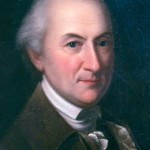
In 2007 I had the privilege of playing the role of John Dickinson in Nashville Repertory Theatre’s production of “1776” directed by Rene Copeland. The most powerful moment in the musical was when each delegate was called by name, handed the quill, and asked to sign the Declaration of Independence. John Dickinson, a delegate with Benjamin Franklin from Pennsylvania, chose not to sign. He had written what was known as the “Olive Branch Petition” in the Second Continental Congress’ last attempt for peace with Britain. A devout Quaker, his hope was for reconciliation, not independence and revolution.
Dickinson knew signing the Declaration of Independence was an act of war. And
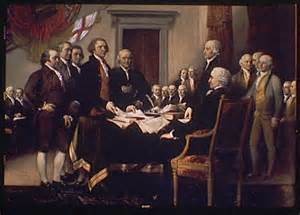
though his petitions for reconciliation were voted down by the majority in Congress, he made the bold choice to stand with his new country and fight against the British. More than that, Dickinson was the only founding father to free his slaves in the period between 1776 and 1786. Here was a man who was brave enough to stand up for his belief and not sign the Declaration of Independence, but then he turned around and committed himself to make a success of our fledgling country. He became brigadier general of Pennsylvania and led 10,000 soldiers to Elizabeth, New Jersey to protect the area against the British.
As evidence to Dickinson’s honorable character, Thomas Jefferson wrote after he learned of his death, “A more estimable man, or truer patriot, could not have left us. Among the first of the advocates for the rights of his country when assailed by Great Britain, he continued to the last the orthodox advocate of the true principles of our new government and his name will be consecrated in history as one of the great worthies of the revolution.”
May we as citizens of this country be bold to raise our voices for principles we hold dear, and bolder still, when our principals might be in the minority, not to rail against the majority or wring our hands in despair, but turn our energy toward making our nation succeed and thrive. My father had a similar character as Dickinson, and I can only hope that I may emulate those same admirable traits in my life. It is an honor to follow in my dad’s footsteps and read the Declaration of Independence every July 4th.
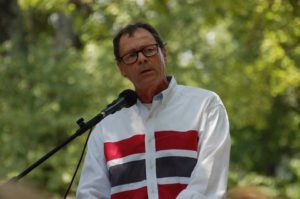
For the July 4th, 2015 recitation of the Declaration of Independence click this link: https://www.youtube.com/watch?v=anQAclsDn8U&feature=youtu.be

